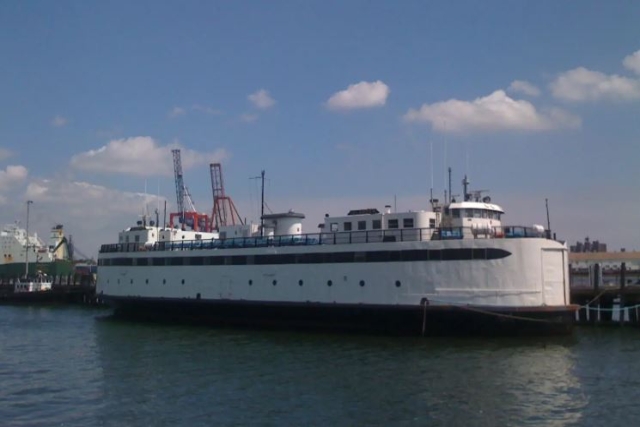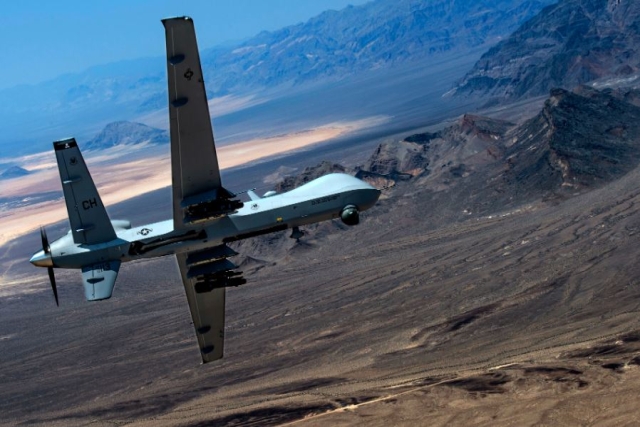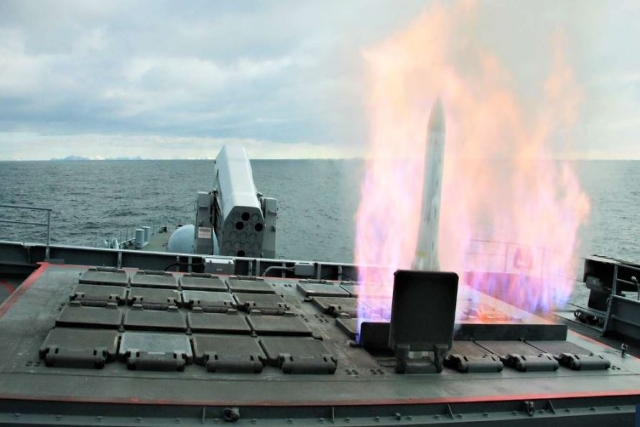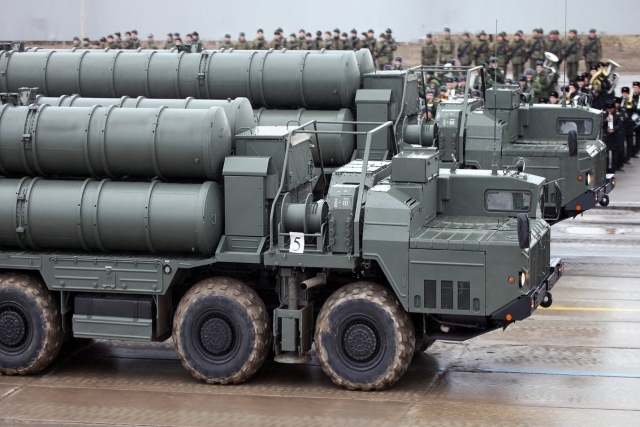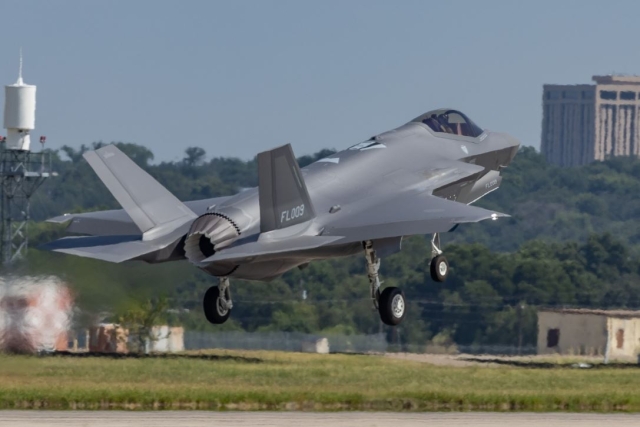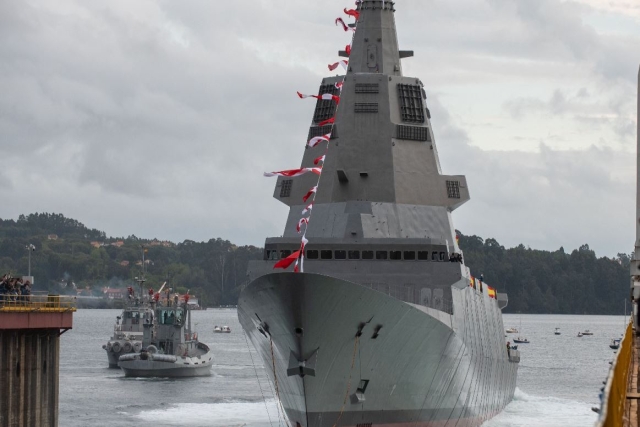U.S. Confirms Attack on USS Carney by Yemen, Disputes Houthi Claim of Two Warships
The Houthis confirmed attacks on more than 20 ships from November 19, 2023, to January 31, 2024.
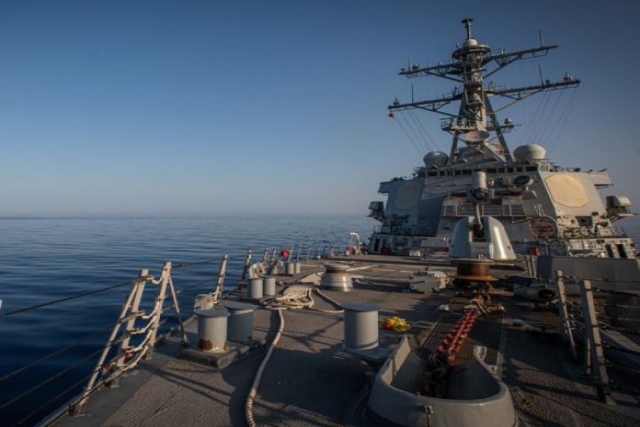
The Houthi movement in Yemen claimed to have targeted two American warships in the Red Sea, but the U.S. Central Command (CENTCOM) contradicted this, confirming that only the USS Carney Arleigh Burke-class destroyer was attacked.
Yahya Sare'e, the military spokesperson for the Houthi movement, stated to Al Masirah that the operation involved a combination of naval missiles and drones and specifically targeted two American warships. The Houthi movement reiterated their commitment to obstructing Israeli navigation and ships heading towards Palestine until perceived aggression ceases and the blockade on the Gaza Strip is lifted. They also warned of potential future military operations in the Red Sea and the Arabian Sea against hostile targets in defense of Yemen and in support of Palestine.
Between November 19, 2023, and January 31, 2024, the Yemeni Armed Forces executed 20 naval operations, targeting a total of 23 ships. Among the vessels were three owned by Israel, nine American ships (including warships), one British oil tanker, and ten ships bound for occupied Palestinian ports. Several ships altered their course in response to warnings from the Yemeni Navy, the Houthis said.
On March 5, the U.S. Central Command reported that they intercepted one anti-ship ballistic missile and three one-way attack unmanned aerial systems originating from Iranian-backed Houthi-controlled areas in Yemen. The targets were directed at the USS Carney (DDG 64) in the Red Sea. CENTCOM forces responded by neutralizing three anti-ship missiles and three unmanned surface vessels (USVs) in self-defense.
The identified threats were deemed an imminent danger to merchant vessels and U.S. Navy ships in the region. The CENTCOM emphasized that these actions were taken to safeguard freedom of navigation and enhance the safety and security of international waters for both U.S. Navy and merchant vessels.


